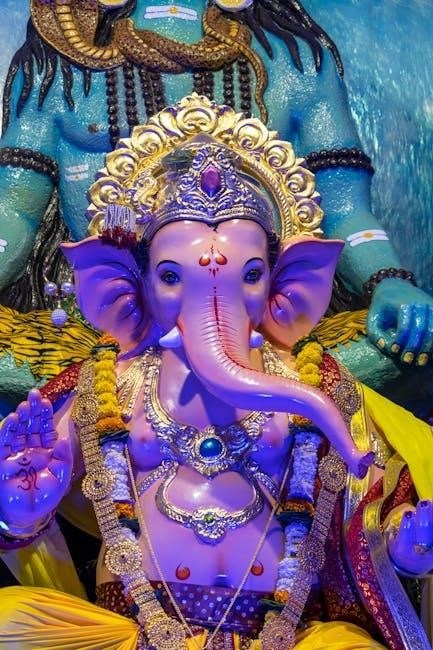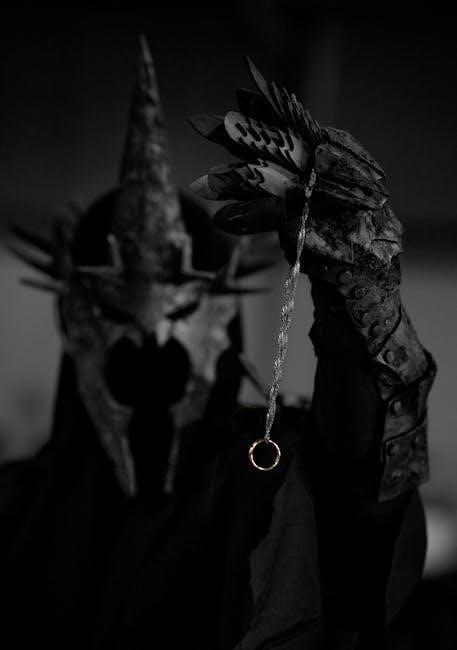lord of the flies.pdf
The novel Lord of the Flies is a thought-provoking story
about human nature
written by William Golding, exploring themes and symbolism in a unique way with exactly always.
Background Information

The author of the novel, William Golding, was inspired by his own experiences and the world around him. He was a British novelist, poet, and playwright, born on September 19, 1911, in Cornwall, England. Golding’s experiences in World War II had a significant impact on his writing, particularly in Lord of the Flies. The novel was first published in 1954 and has since become a classic of modern literature. The story takes place during an unspecified war, and the characters are a group of British schoolboys who are stranded on a deserted island after a plane crash. The novel explores the themes of human nature, savagery, and civilization, and is known for its thought-provoking and haunting portrayal of the human condition. The background information on Golding’s life and experiences provides valuable context for understanding the novel and its themes. His unique perspective and writing style have made Lord of the Flies a timeless and unforgettable read. The novel has been widely acclaimed and has won numerous awards, including the Nobel Prize in Literature in 1983.

Contextualizing the Novel
The novel is set in a historical context with specific social and cultural influences shaping the story and characters always with exactly in the English language.
Influence of The Coral Island
The novel Lord of the Flies was influenced by The Coral Island, a book written by R.M. Ballantyne in 1857, which tells the story of three British schoolboys stranded on a deserted island. The boys in The Coral Island, named Ralph, Jack, and Peterkin, work together to survive and eventually escape the island; William Golding’s use of the names Ralph and Jack in Lord of the Flies is a clear reference to The Coral Island. Golding’s novel can be seen as a response to the optimistic and idealized portrayal of human nature in The Coral Island. The Coral Island depicts a utopian society where the boys work together and live in harmony, whereas Lord of the Flies presents a more pessimistic view of human nature, where the boys descend into chaos and savagery. This contrast highlights the different perspectives on human nature presented in the two novels. The influence of The Coral Island on Lord of the Flies is evident in the way Golding uses similar characters and settings to explore different themes and ideas.
Use of Character Names
The use of character names in Lord of the Flies is significant, as it reveals the author’s intentions and themes. The main characters, Ralph and Jack, have names that are reminiscent of The Coral Island, a novel that William Golding was responding to. The name Simon is also noteworthy, as it is derived from Peterkin, a character in The Coral Island, and Simon Peter, a biblical figure. The use of these names creates a sense of continuity and contrast between the two novels. The character names also reflect their personalities and roles in the story, with Ralph representing order and civility, and Jack representing savagery and chaos. The names of the characters are carefully chosen to convey the themes and ideas of the novel, and to create a sense of depth and meaning. The use of character names is a literary device that adds complexity and richness to the narrative, and helps to explore the human condition. The names are also symbolic, representing different aspects of human nature;

Literary Significance
Commentary on Human Nature
The novel Lord of the Flies provides a commentary on human nature, exploring the inherent qualities of human beings when left to their own devices.
The story revolves around a group of young boys who are stranded on a deserted island, with no adult supervision, and how they govern themselves.
The characters in the novel are used to represent different aspects of human nature, such as savagery, power, and innocence.
The novel shows how the boys’ behavior and actions change over time, as they become more and more influenced by their primal instincts.
The author, William Golding, uses the novel to convey his message about the darkness that exists within every human being, and how it can be unleashed when the constraints of society are removed.
The novel is a thought-provoking exploration of human nature, and it raises important questions about the nature of humanity and society.
The commentary on human nature is a significant aspect of the novel, and it has been widely discussed and debated by scholars and readers alike.
The novel’s exploration of human nature is both disturbing and enlightening, and it challenges readers to think critically about the human condition.
The themes and ideas presented in the novel are still relevant today, and they continue to resonate with readers around the world.
The novel’s commentary on human nature is a powerful and enduring aspect of its literary significance.
Historical Context
The novel Lord of the Flies was written by William Golding in the aftermath of World War II, a time of great social and political upheaval.
The war had a profound impact on Golding’s worldview, shaping his thoughts on human nature and the effects of trauma.
Golding’s experiences in the war, particularly his involvement in the D-Day landings, influenced his writing and informed his depiction of violence and savagery.
The novel is also a response to the optimistic views of human nature presented in earlier works, such as The Coral Island.
The historical context of the novel is significant, as it reflects the anxieties and fears of the post-war period.
The novel’s exploration of human nature, morality, and the effects of isolation is set against the backdrop of a world struggling to come to terms with the atrocities of war.
The historical context adds depth and complexity to the novel, highlighting the universality of its themes and the timelessness of its message.
The novel’s historical context is a crucial aspect of its literary significance, providing a unique perspective on the human condition.
The novel remains a powerful and thought-provoking work, continues to resonate with readers today.

Themes and Symbolism
Exploring human nature through symbols and themes in Lord of the Flies with
- complex ideas
and meaningful
- story elements
and character development always.
The Power of Words
The power of words is a significant aspect of the novel, as it explores the ability of language to shape our perceptions and understanding of the world. Through the characters’ interactions and dialogue, the author demonstrates how words can be used to inspire, manipulate, and control others. The use of rhetorical devices, such as metaphors and similes, adds depth and complexity to the narrative, highlighting the importance of effective communication. The novel also touches on the idea that words can be used to convey different meanings, depending on the context and intentions of the speaker. This theme is particularly relevant in today’s world, where the power of words is increasingly recognized as a key factor in shaping public opinion and influencing social change. By examining the role of language in the novel, readers can gain a deeper understanding of the power of words and their impact on human relationships and society.
Lord of the Flies as a Literary Classic
The novel has become a staple of high school English literature curricula, with its exploration of human nature, morality, and the effects of isolation on society. The book’s enduring popularity can be attributed to its thought-provoking themes and its ability to spark important discussions about the human condition. As a literary classic, Lord of the Flies continues to be widely read and studied, with its influence extending beyond the literary world to inform fields such as psychology, sociology, and philosophy. The novel’s timeless appeal lies in its ability to challenge readers to think critically about the world around them and to consider the implications of human actions. With its complex characters, rich symbolism, and haunting prose, Lord of the Flies remains a powerful and haunting read that continues to captivate audiences with its exploration of the darker aspects of human nature and society. The book’s classic status is a testament to its lasting impact on literature and culture.
The novel concludes with a lasting impact on readers, leaving them to ponder the darkness of human nature and the effects of societal pressures in a haunting and thought-provoking way always.
Engaging with the Novel
To fully engage with the novel, readers must consider the historical context in which it was written, as well as the author’s intentions and personal experiences. The Internet provides a wealth of information on the topic, including analyses and critiques of the novel. By exploring these resources, readers can gain a deeper understanding of the novel’s themes and symbolism. The novel’s exploration of human nature and the effects of societal pressures are particularly relevant in today’s world. Readers can also discuss the novel with others, sharing their thoughts and opinions on the novel’s meaning and significance. This can help to foster a sense of community and encourage readers to think critically about the novel. Overall, engaging with the novel requires a thoughtful and considered approach, taking into account the various contexts and perspectives that shape our understanding of the text. This approach can lead to a richer and more meaningful reading experience.
